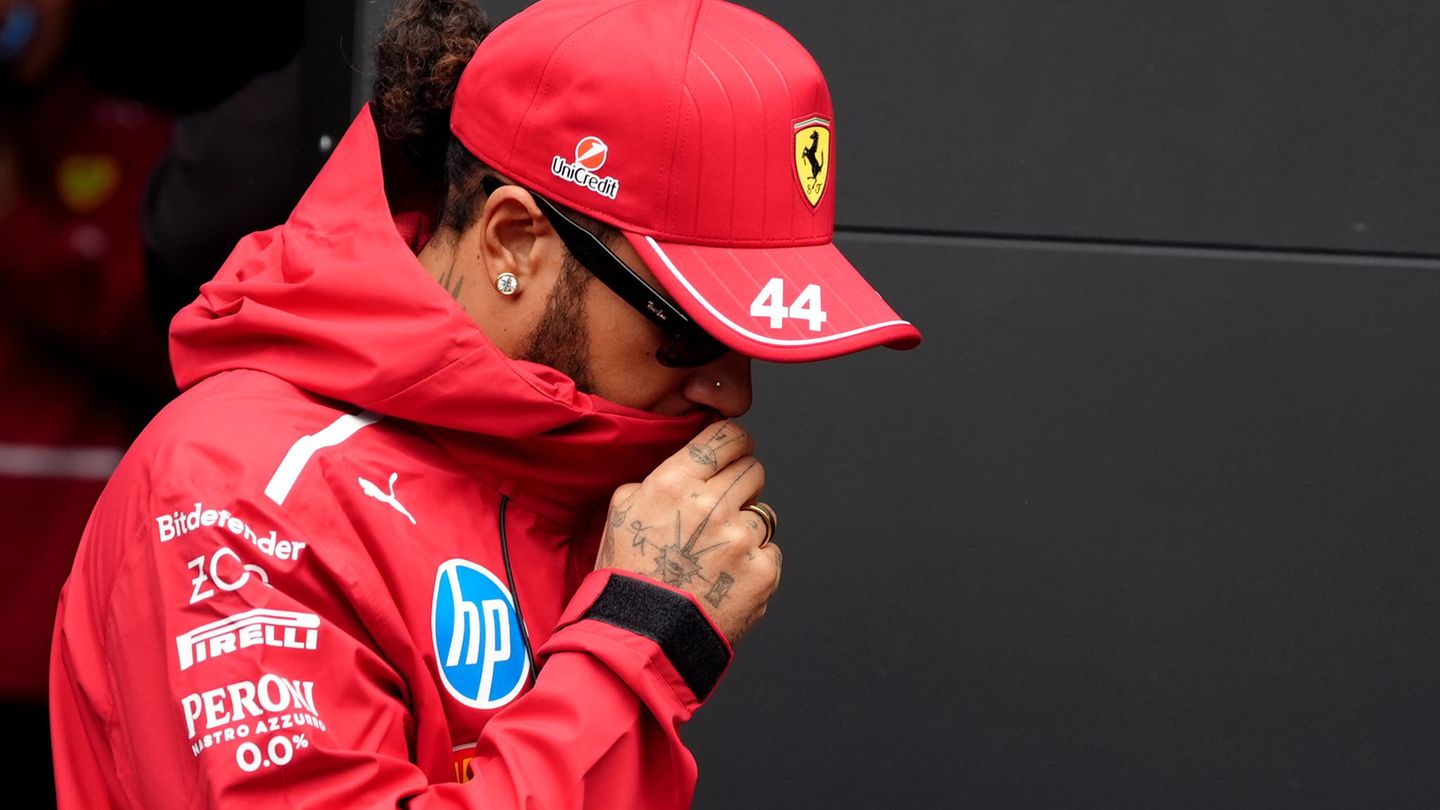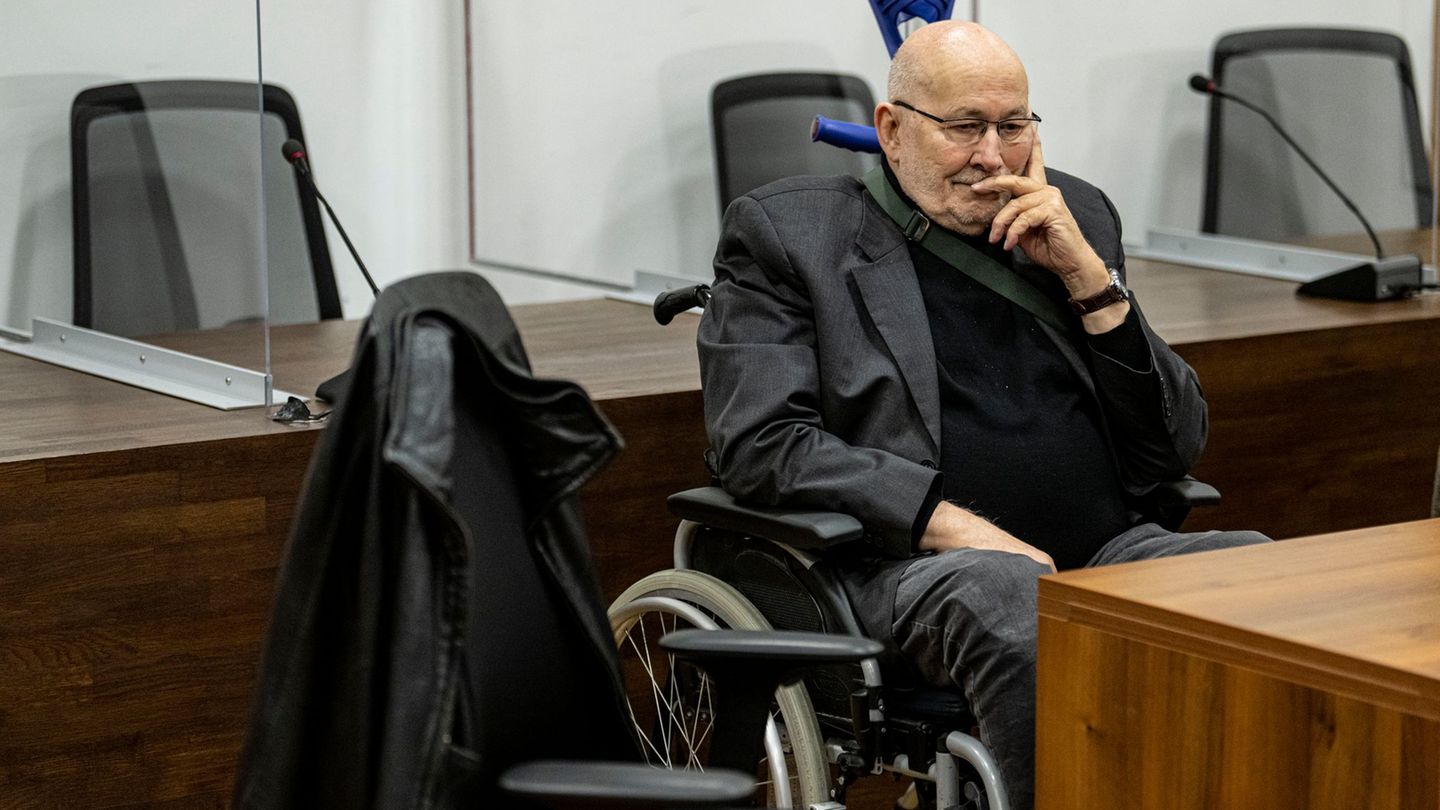When it comes to drug policy, the traffic light coalition is particularly interested in one hot topic: the controlled release of cannabis. But the government also sees a need for action on other “major construction sites”.
The federal drug commissioner Burkhard Blienert urges more protection for children and young people from health damage caused by alcohol and smoking – also with additional marketing bans. “Advertising for narcotics is the opposite of prevention,” said the SPD politician on Thursday in Berlin. He called for “consistent steps” against advertising for alcohol and nicotine products.
With a view to the controversial coalition plans to release cannabis for adults, Blienert emphasized the goal of more health protection: “Better standardized, controlled cannabis from the shop than contaminated cannabis from the dealer in the city park.”
Overall, a rethinking of drug policy is needed, the government representative made clear. “We have to get to the big construction sites – alcohol, tobacco and gambling.” Hardly any other European country has such a liberal approach to these legal offers. Effective measures against problematic consumption were regularly slowed down. “Profit was more important than health protection.” For a long time, politicians have also relied on solving problems with cannabis or heroin essentially with prohibitions. And the motto: “If you don’t stick to our rules, it’s your own fault if things go wrong.”
Everyday drugs alcohol and tobacco
Damage to health and subsequent social costs are considerable, as Blienert made clear. Alcohol and tobacco are still ubiquitous, accounting for 150,000 deaths each year. “On average, every adult drinks a whole bucketful of pure alcohol a year and smokes a whopping 1,000 cigarettes.” Drugs and addictive substances as well as gambling have long since become a billion dollar market. The drug commissioner called for stronger countermeasures.
Alcohol: Alcohol advertising must be removed from the Internet, social media, television and radio. “Best around the clock, but at least during prime time,” said Blienert. In addition, the minimum age for alcohol should also be reviewed: Being allowed to drink from the age of 14 in the presence of your parents is simply “nonsense from the past in terms of health policy” and must be abolished.
Smoking: After extensive bans on outdoor advertising with posters, which had been sealed by the previous black-red government, Blienert sees further need for action. There is no reason why cigarettes, heaters and e-cigarettes can still be advertised at kiosks, supermarket checkouts and petrol stations. It is still avoidable that trends towards disposable e-cigarettes will eventually become “a big wave”.
Sports betting: Blienert appealed to the responsible states for more youth and consumer protection in gambling if advertising for sports betting on television, radio and the Internet should be banned before 9 p.m. Eight percent of adults have problems with gambling, which has also become a “poverty factor,” he explained.
Cannabis: Blienert made it clear that the planned controlled release is about nothing other than reducing health risks. “The dealer on the street corner is definitely the worst health advocate imaginable.” He insists on “zero advertising for all cannabis products”. Money from taxing cannabis or alcohol could also be used to provide stable funding for counseling and addiction prevention. SPD Health Minister Karl Lauterbach intends to present a draft cannabis law by the end of March.
The advertising industry reacted with criticism to Blienert’s calls for further marketing bans for alcohol, tobacco and gambling. In the three fields one sees no need for action by the legislature, said the Central Association of the German Advertising Industry on request. Advertising for alcoholic beverages is comprehensively and adequately regulated by law and through self-regulation requirements. The “addressing” of children and young people is correctly forbidden and will also be enforced. It has also been shown that while spending on alcohol advertising has recently increased, alcohol consumption among young people has declined. With tobacco there is a total ban on advertising.
Source: Stern
I have been working in the news industry for over 6 years, first as a reporter and now as an editor. I have covered politics extensively, and my work has appeared in major newspapers and online news outlets around the world. In addition to my writing, I also contribute regularly to 24 Hours World.




